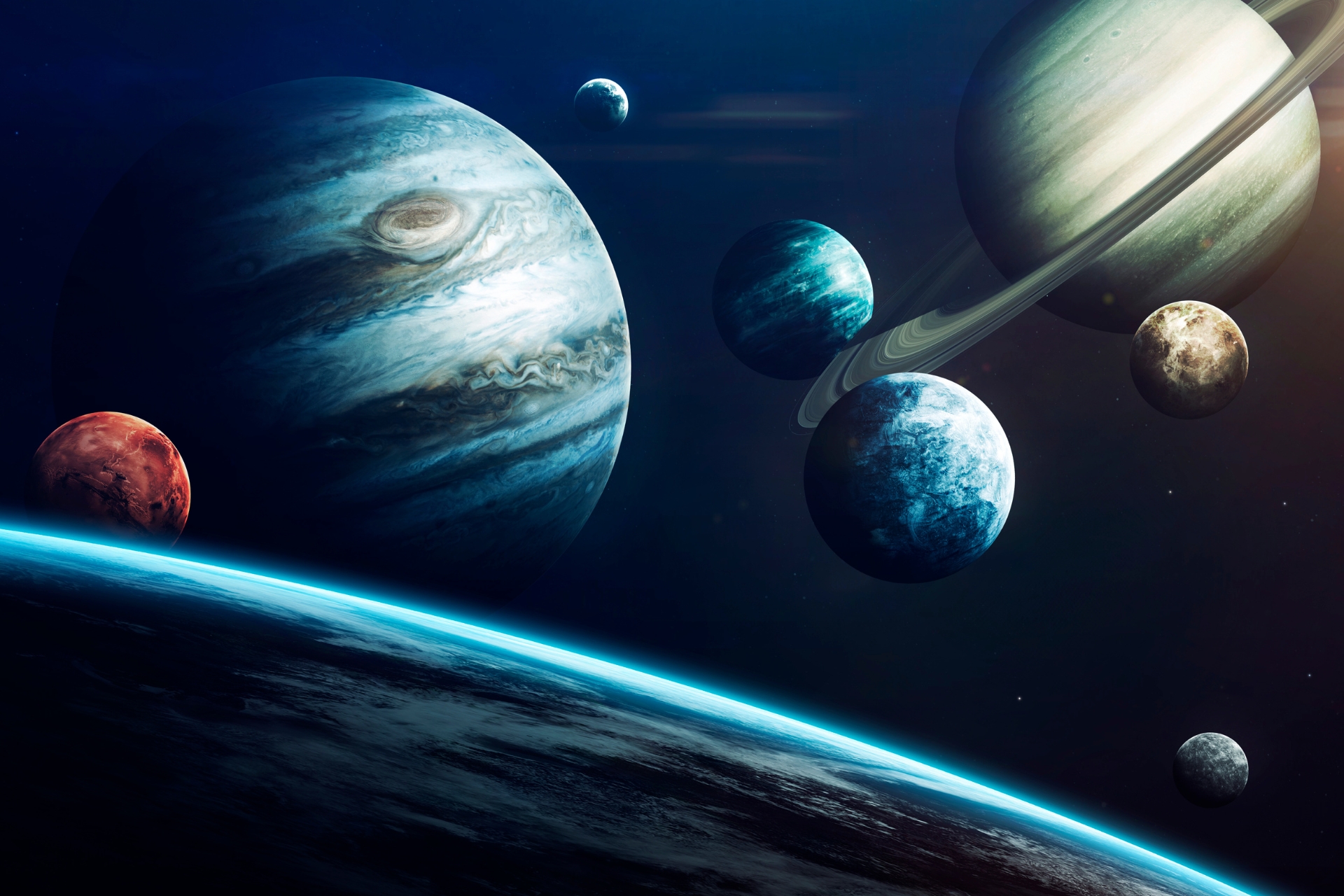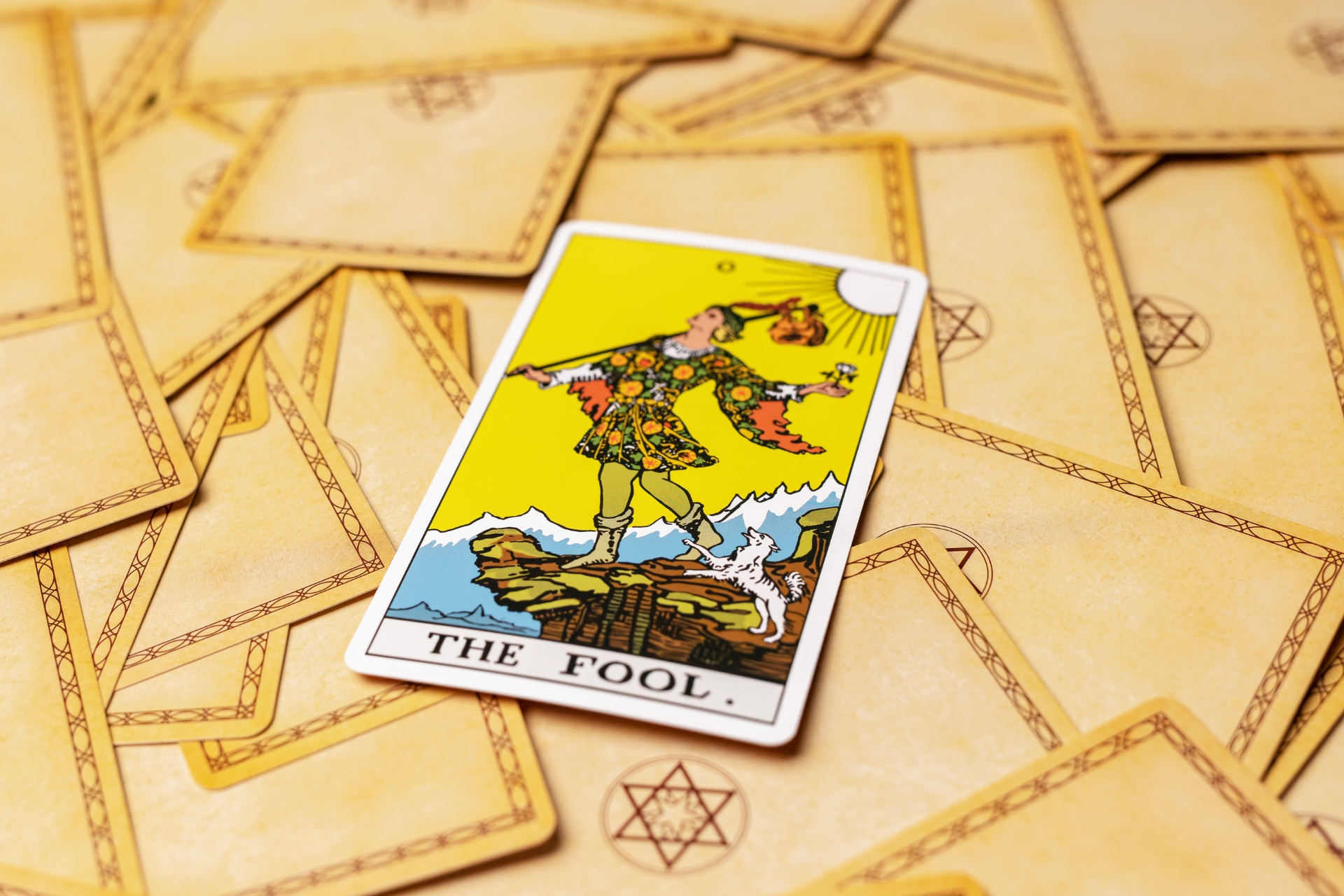Vedic astrology is considered to be one of the oldest and most accurate systems of astrology in the world. It is still widely practiced in India and other parts of the world today.
Originally called Hindu astrology or Indian astrology, the term ‘Vedic’ is a relatively recent. The Sanskrit name is Jyotisha or Jyotishya from “Jyotish” meaning “science of light” or “light, heavenly body” and refers to the study of the celestial bodies and their influence on human affairs.
What are the differences between Vedic and Western astrology?
The foundation of modern Western astrology can be traced back to Ptolemy’s Tetrabiblos, written in the 2nd century. It has roots in the Babylonian and Hellenistic traditions but the Greeks had a significant impact on its development.
Western astrology uses the tropical zodiac, which is based on the position of the constellations as they were in 0 AD. Vedic astrology uses the sidereal zodiac, which takes into account the actual position of the constellations in the sky as we see it now.
This means that the positions of the planets in a person’s birth chart will be different in the two systems.
Western astrology is concerned with the sun, whereas Vedic astrology considers the moon most significant. This is because Western astrology is based on the solar system and the seasons, which are heavily influenced by the sun’s position and movements. Vedic astrology, on the other hand, considers the entire galaxy, the visible planets and the lunar nodes.
In Vedic astrology, your rising sign is also the most significant whereas the sun sign is traditionally the most important in Western astrology.
The birth chart in Western astrology is based on a circle, with the houses and signs mapped out anticlockwise. In Vedic astrology, the birth chart is shaped differently: instead of a circle, it is a square divided into 12 sections.

In general, Vedic astrology takes a more flexible approach because it recognises that the universe, rather than being a fixed entity, is constantly changing. As a result, it is thought to be more attuned to the natural world and possibly a more accurate reading of where we are spiritually and emotionally on a personal and collective level.
An holistic and spiritual approach
The lunar nodes, known as Rahu and Ketu, play a crucial role in Vedic astrology and are considered powerful celestial forces in the birth chart.
- Rahu represents the north lunar node, associated with desires, ambitions, and worldly attachments.
- Ketu represents the south lunar node and signifies spirituality, detachment, and karmic lessons.
Their positions and interactions with other planets in the birth chart provide insights into a person’s past life influences, life purpose, and karmic challenges they may face in this lifetime
Practitioners of Vedic astrology believe that by analysing these interactions, they can provide guidance on everything from career and finances to relationships and health. Vedic astrology is often consulted for important life events, such as marriage, childbirth, and starting a new business.
Vedic astrology also takes a holistic approach, applying Ayurveda and Yogic practises and recommending remedies such as gemstones, mantras, and rituals to mitigate the negative effects of planetary influences and enhance positive outcomes.

Branches of Vedic astrology
There are several branches of Vedic astrology, each with its own unique focus and methods. Some of the most well-known branches include:
- Medical astrology for health and well-being
- Muhurtha (electional astrology) for finding auspicious times for important events
- Financial astrology for wealth and investment strategies
- Horary astrology for answering specific questions
- Mundane astrology for studying world events and political trends
- Nadi astrology for providing detailed life predictions based on thumbprints
- Jaimini astrology predominantly practiced in the Andhra Pradesh area of India, mostly as a secret tradition, that focuses on interpreting the position and movement of the planets in relation to the special “karakas” or significators
- Tajika astrology that combines elements of Indian and Persian astrology
- Western Vedic astrology that incorporates Vedic with Western astrological concepts and techniques.
While there are many variations and interpretations within Vedic astrology, they all share the belief that the position and movement of the celestial bodies can offer insights into human affairs and the future.
Despite its long history and widespread popularity, Vedic astrology remains controversial in some circles. Critics argue that there is no scientific evidence to support the claims made by Vedic astrologers, or in fact astrologers of any traditions, and that the system is based on superstition and pseudoscience.
There is also no clear evidence that this system of astrology was described in the Vedas, and some historical documentation suggests horoscopic astrology in the Indian subcontinent was a Hellenic influence post-dating the Vedic period. However, this is a point of intense debate, and other scholars believe that Jyotisha developed independently, although it may have interacted with Greek astrology.
Regardless, Vedic astrology is deeply embedded in Indian culture, and many people continue to find great value and insights into their lives.



